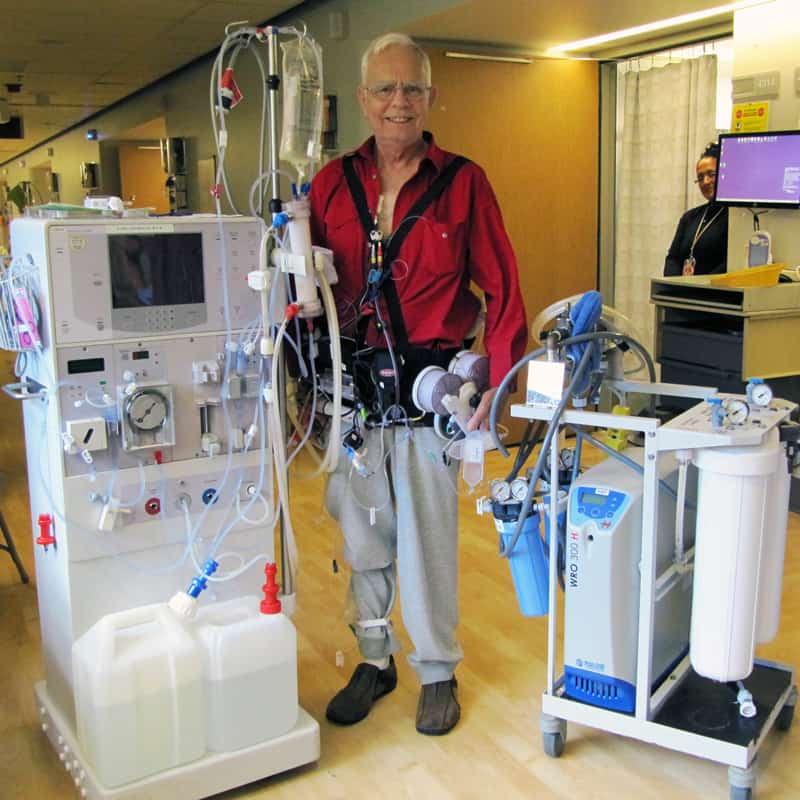Scientists at the University of California San Francisco have made significant strides in the development of an
artificial kidney
that could potentially revolutionize the treatment of kidney disease. Their bioreactor device, designed to mimic key functions of a human kidney, uses lab-grown kidney cells.The researchers believe that this innovation could one day free patients from the need for dialysis or the use of immunosuppressive drugs post-transplant. The device has already undergone successful testing in pigs for a week, showing no apparent side effects or complications.
The bioreactor operates quietly in the background, without triggering an immune response, similar to a pacemaker. The scientists intend to further develop the device by incorporating various kidney cells responsible for crucial functions, such as fluid balance and hormone regulation. Paired with a blood filtration device, this
artificial kidney
has the potential to greatly improve upon current dialysis treatments, which are far from being a substitute for a fully functional organ.In the United States alone, over 500,000 people rely on dialysis, and the demand for kidney transplants far exceeds the available donor organs. An implantable
artificial kidney
would be a game-changer for these patients.The bioreactor has been engineered to connect directly to blood vessels and veins, ensuring the passage of nutrients and oxygen, mirroring the function of a transplanted kidney. Silicon membranes protect the lab-grown kidney cells from attacks by the recipient’s immune system.
This breakthrough brings hope for a future where kidney disease patients can lead healthier lives without the constraints and limitations of current treatment options.




